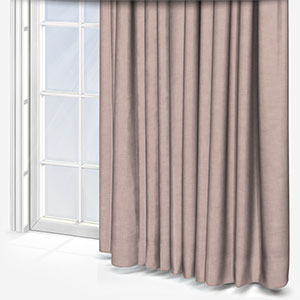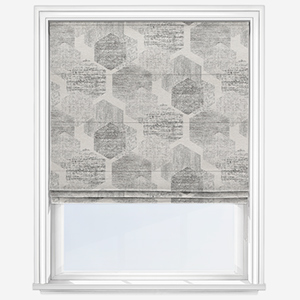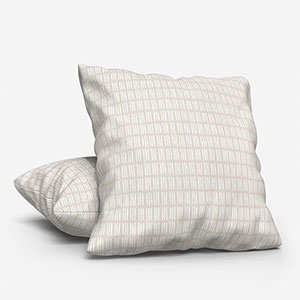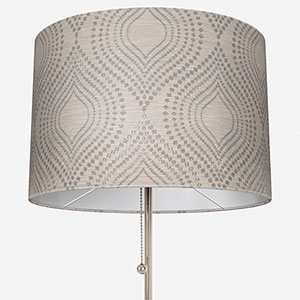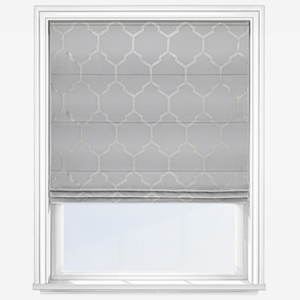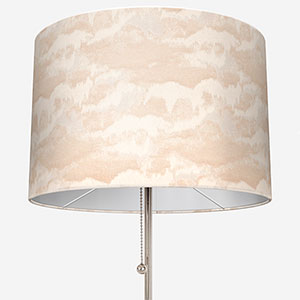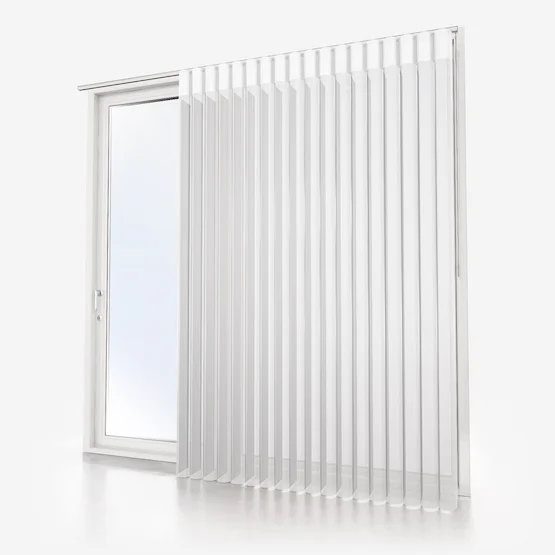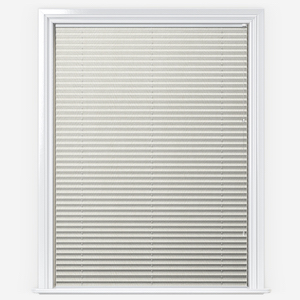
What Is Feng Shui?
An introduction to the meaning of Feng Shui
Roughly translated as “the way of wind and water”, Feng Shui is rooted in ancient Taoism – a Chinese philosophy that emphasises non-interference with natural events. As part of this way of living, that’s over 3,000 years old, we’re invited to position our home furnishings in particular ways, use certain colours and observe certain rules on how to live and interact with our environment.
The outcome of such actions? An improved balance between yin and yang and the bounty of Chi that follows, including better interpersonal relationships, luck, and prosperity.
In today’s blog we’ll be looking at how you can create Feng Shui bedrooms and living rooms, plus some tips you can use around the home.
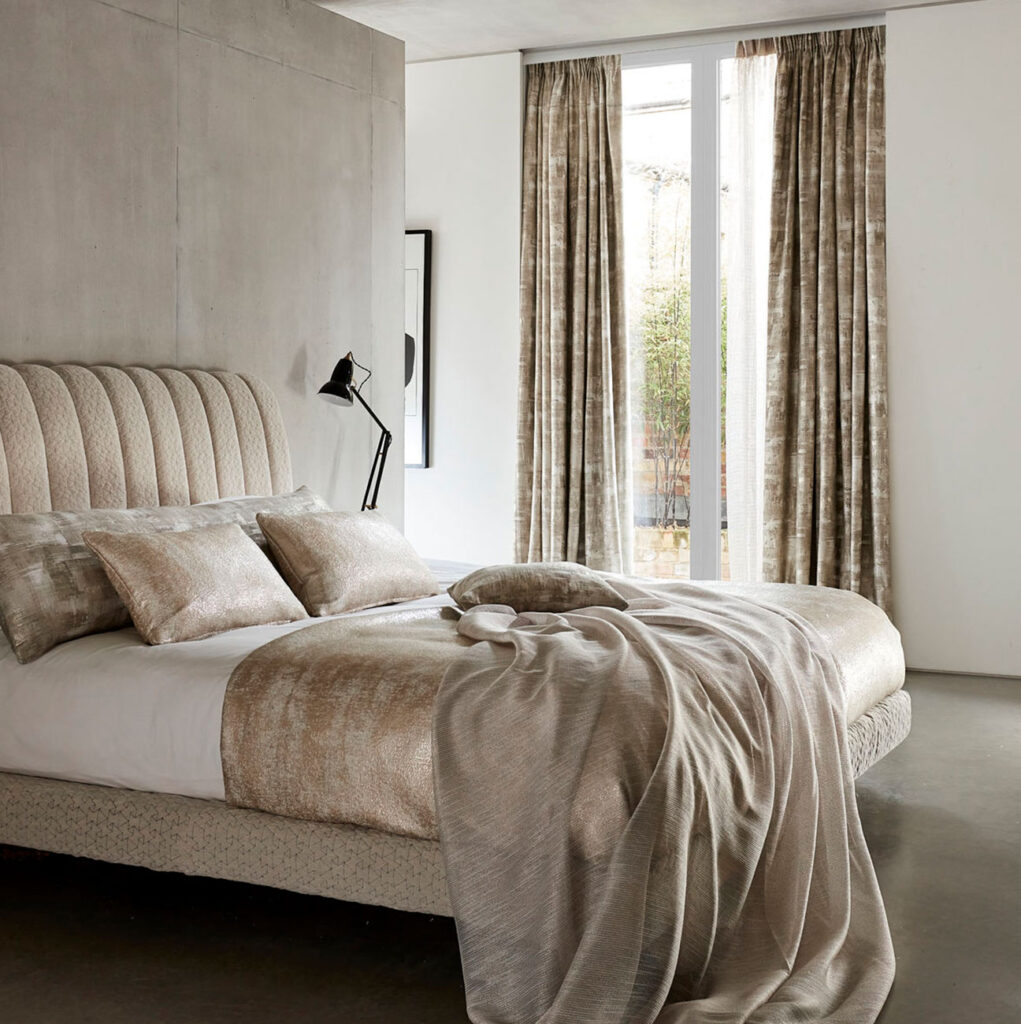
Feng Shui bedrooms
Bedrooms are where we relax and re-energise following a long day, this makes them very important parts of the home to embrace Feng Shui.
One of the most important ways to balance yin and yang in your bedroom is to not align your bed directly with your door. Moreover, if possible, don’t establish your bedroom above a garage. Garages are host to chaotic energy so avoid that seeping through your bedroom floor wherever possible.
Additionally, when it comes to positioning your bed, ensure that the bedhead is against a solid, permanent wall and that there is plenty of space on the left, right and bottom of the bed.
No electronics in the bedroom is an important rule too. While this is a modern addition to Feng Shui, we know that there can be real negative energies and consequences from having your phone, laptop, or tablet in the bedroom.
Beyond the effects to the yin and yang balance, encountering blue light when trying to unwind can be detrimental to your sleep and ultimately your wider health.
Feng Shui living rooms
Like bedrooms, living rooms are spaces where we feel at peace when enjoying our homes. Here too, you can enjoy the benefits of Feng Shui.
As a popular space enjoyed by friends and family alike, living rooms often amass clutter. In all spaces where you hope to enjoy Feng Shui, avoiding clutter is very important, however it’s more pronounced in the living room. Therefore, be mindful of when things need tidying away and make sure you have plenty of handy storage solutions to help.
This clean way of living is supported by filling your space with fresh air. Being able to breathe well is another way to enjoy positive energies. To enjoy the air, you don’t have to compromise on privacy. An innovative and styling window dressing such as an Allusion blind will assist you in enjoying light and air, while doing so in privacy.
Keeping with good quality air, plants will not only filter it, but they’ll also enrich your Chi. Living, waxy plants such as rubber plants, hedgehog aloe, and Ficus are but three excellent examples of the vegetation that will offer the best results.
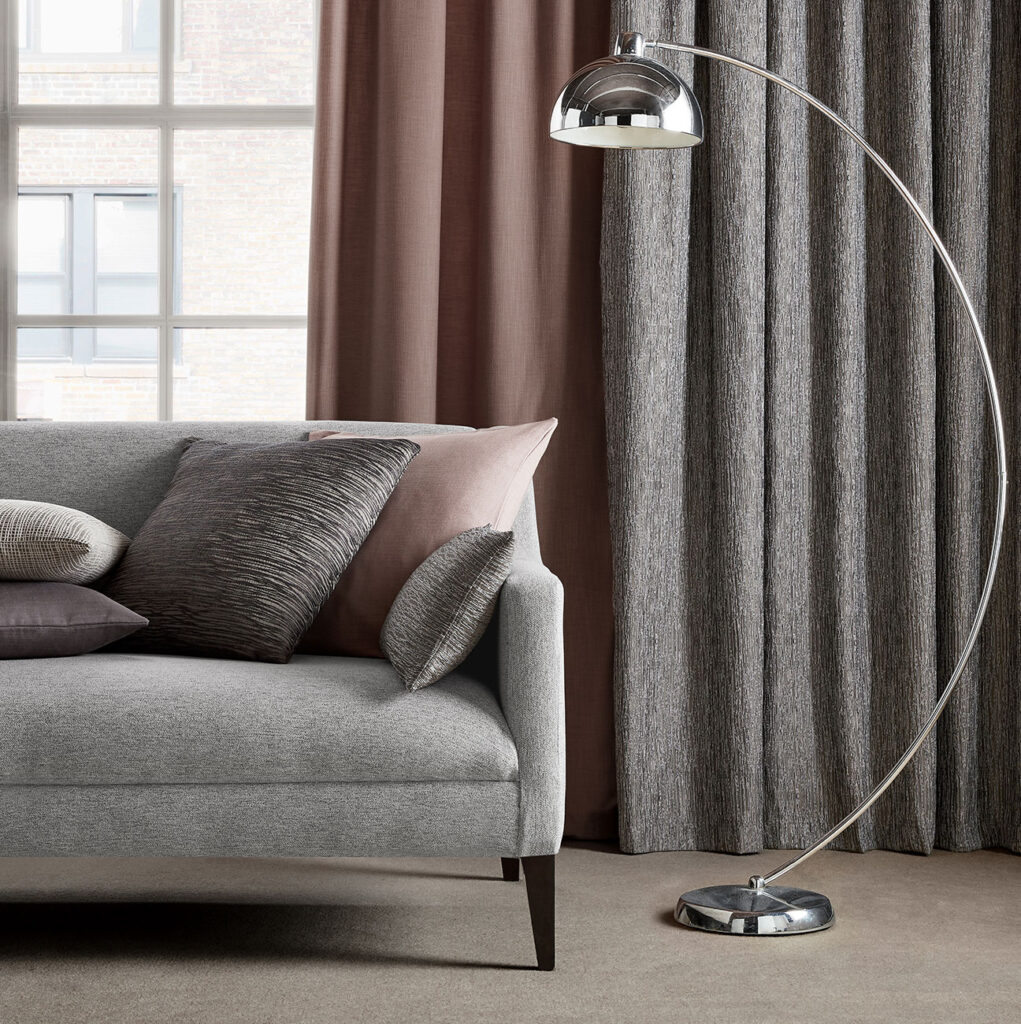
Steps for enjoying Feng Shui around the home
Beyond bedrooms and living rooms, you can easily add some Feng Shui to any space within your home. At the core of Taoism is a system that utilises the cycles of nature and the five elements. These elements are earth, metal, water, wood, and fire.
Introducing components of these five elements into your home is a sure-fire way to enjoy the benefits of Feng Shui, here are some top tips for doing so.
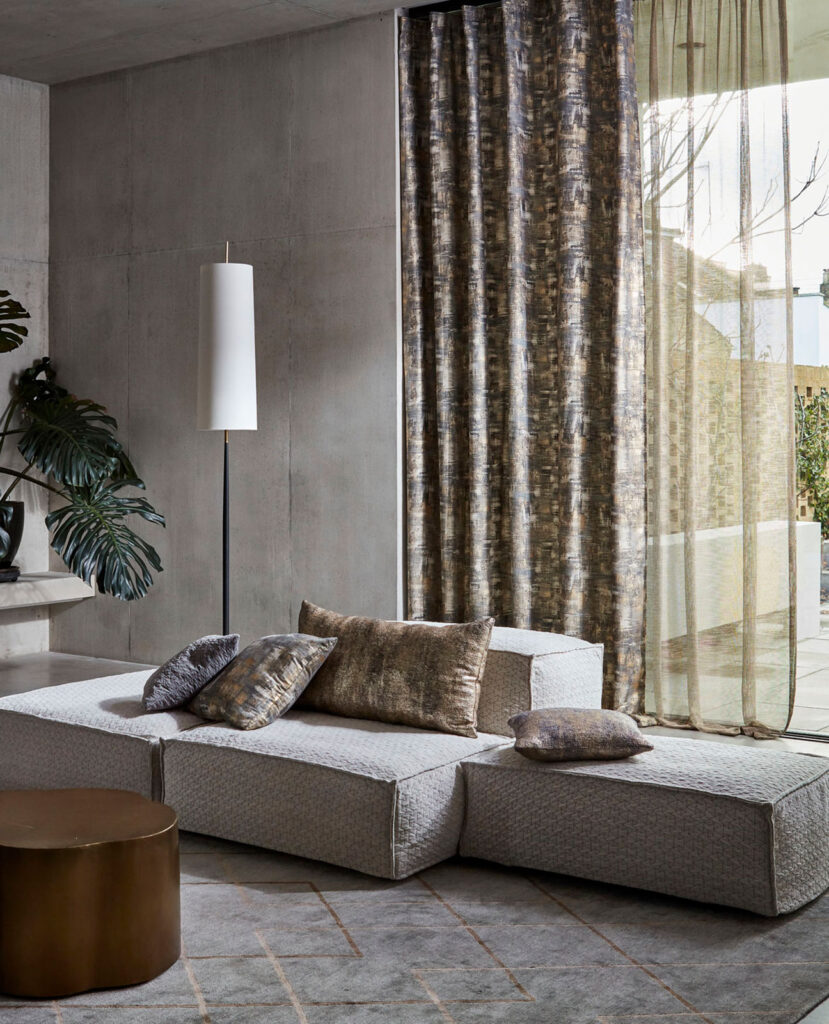
Earth
Earth is best represented using colours. Earthy brown, orange and yellow tones remind us of the earth and help us to channel these energies. When using these colours, ensure you use flat, square shapes for example tables, cabinets, Roman blinds and roller blinds.
Metal
Keeping with colours, metal is best represented by white and grey hues. You can also use metallic coloured fabrics that are spherical or rounded in shape. Cushions and lamp shades are excellent examples.
Water
Within the rules of Feng Shui, water is represented by black and very dark shades of blue. In regard to form, curvy and wavy shapes are best used to replicate the movement and energy of water. An elegant curtain will help you bring this flow of energy into your home.
Wood
Use shades of blue and green to connect with the power of wood. Rectangular shapes are the best way to present this element and fortunately, you can combine the colour and shape with real natural wood by fitting a quality wooden Venetian blind into your window.
Fire
Unsurprisingly, fire is best represented by warming, red colours, and triangular shapes which mirror the shapes of flames. There are different patterns available for you to consider enjoying the colours and shapes of fire. Geometric shapes are an easier way to find the best balance.
For more tips and tricks on how to maximise the energy in your home check out Marie Kondo’s konmari method. From tidying up by category, not location to imagining your ideal lifestyle, her modern take on Feng Shui will help you perfectly balance yin and yang and optimise your Chi! If you’re looking to take some simple first steps into the world of Feng Shui, check out our special collection of products today!


